Govt faces fuel price challenge as some observers suggest ending subsidies
3 min readThe fuel price decision is once again upon the government. This time around, it is the new government that faces the question. To raise or not to raise. A large section of keen observers wants the subsidy to end, some, even to the extent of levying all taxes back, even if it means taking the retail price north of Rs200/ltr. Others are prescribing a middle ground that would still lead to a price increase.
There is reason behind the panicky calls. The picture at the external account front has only deteriorated and the oil prices have only risen – ever since the relief package was announced. The falling reserves and the depreciating currency may not necessarily be a consequence of freezing the petroleum prices for a couple of fortnights, but optics do matter.
People want rationing. And the most ideal way prescribed to curb demand is to raise retail prices, which in turn will also relieve pressure on imports and currency both. The demand elasticity remains an unsettled debate to date, but that is for another day. The second camp argues that keeping petroleum prices in check, in times as unprecedented as these, is not the worst idea, for an economy like Pakistan.

Why? Because of the linkages that most transportable items’ prices have with petroleum prices. Motor fuel has less than 3 percent weight in the National CPI basket, so the direct impact should not really be that big a concern at most times. It is the indirect impact, as fuel prices often lead the way to a second round of inflation via pass through in items being transported. The theory goes, most prices (except perishable) tend to not reverse, even if the petroleum prices come back from the peak.
So, the question one needs to ask – are the extra bucks and somewhat reduced import bill – worth the price that the larger economy pays in terms of direct and indirect, often irreversible, inflation? A look at food and fuel inflation plotted for the previous PML-N and PTI governments; tells low fuel prices do help in keeping overall food inflation low. This spreads over two periods of 44 months each – reasonable enough to eek out one-offs.
Of course, food prices will have their own set of variables too, and possibly more significant. But when fuel prices with a weight under 3 percent, does seem to have a lasting impact on food prices with an impact of over 30 percent – one needs to ask the question again. Is it not better to take a chance to let fuel prices revert to mean (not in usual circumstances, but in times as unprecedented as these), than to jack up prices in search of quick bucks, leading to a massive round of inflation, a large chunk of which will not come down, when fuel prices come down? This may not have that simple an answer. But “pass the prices on” is also too simple of a solution, for a problem, that is way more complicated.
The story was originally published in Business Recorder on April 15, 2022.
For the latest news, follow us on Twitter @Aaj_Urdu. We are also on Facebook, Instagram and YouTube.





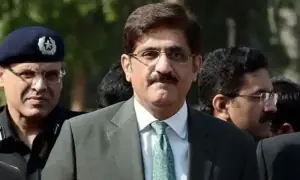









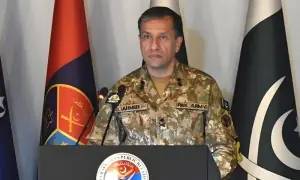

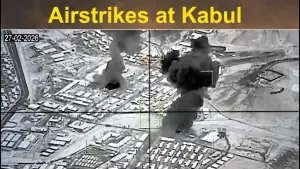
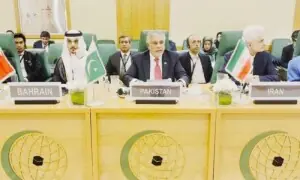
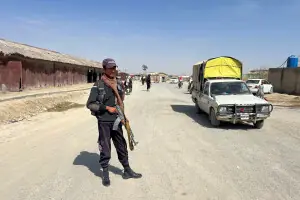
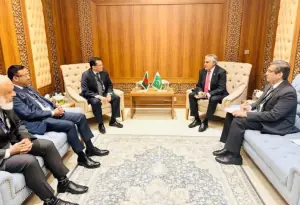
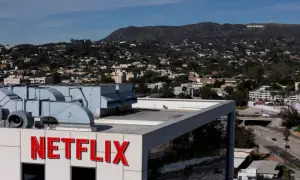
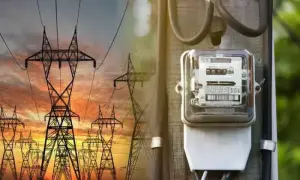

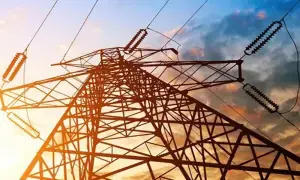
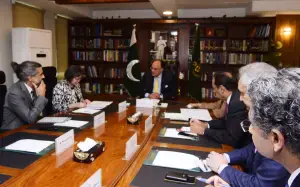

Comments are closed on this story.